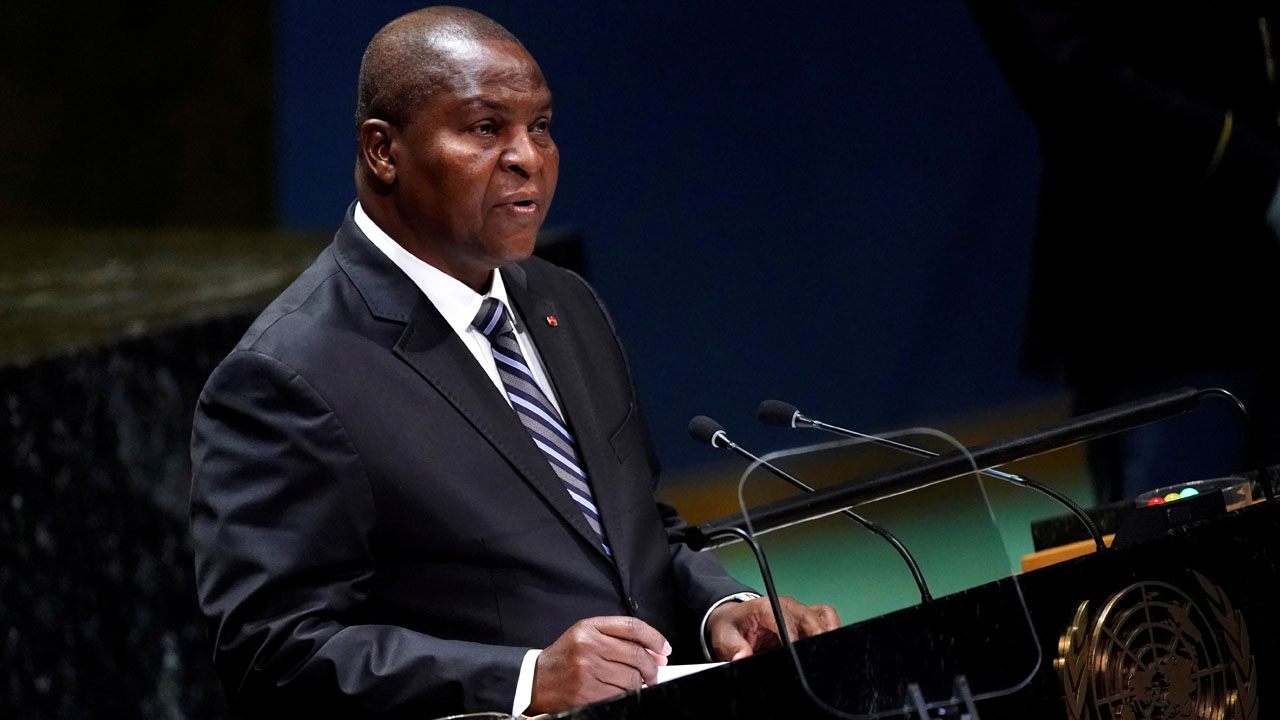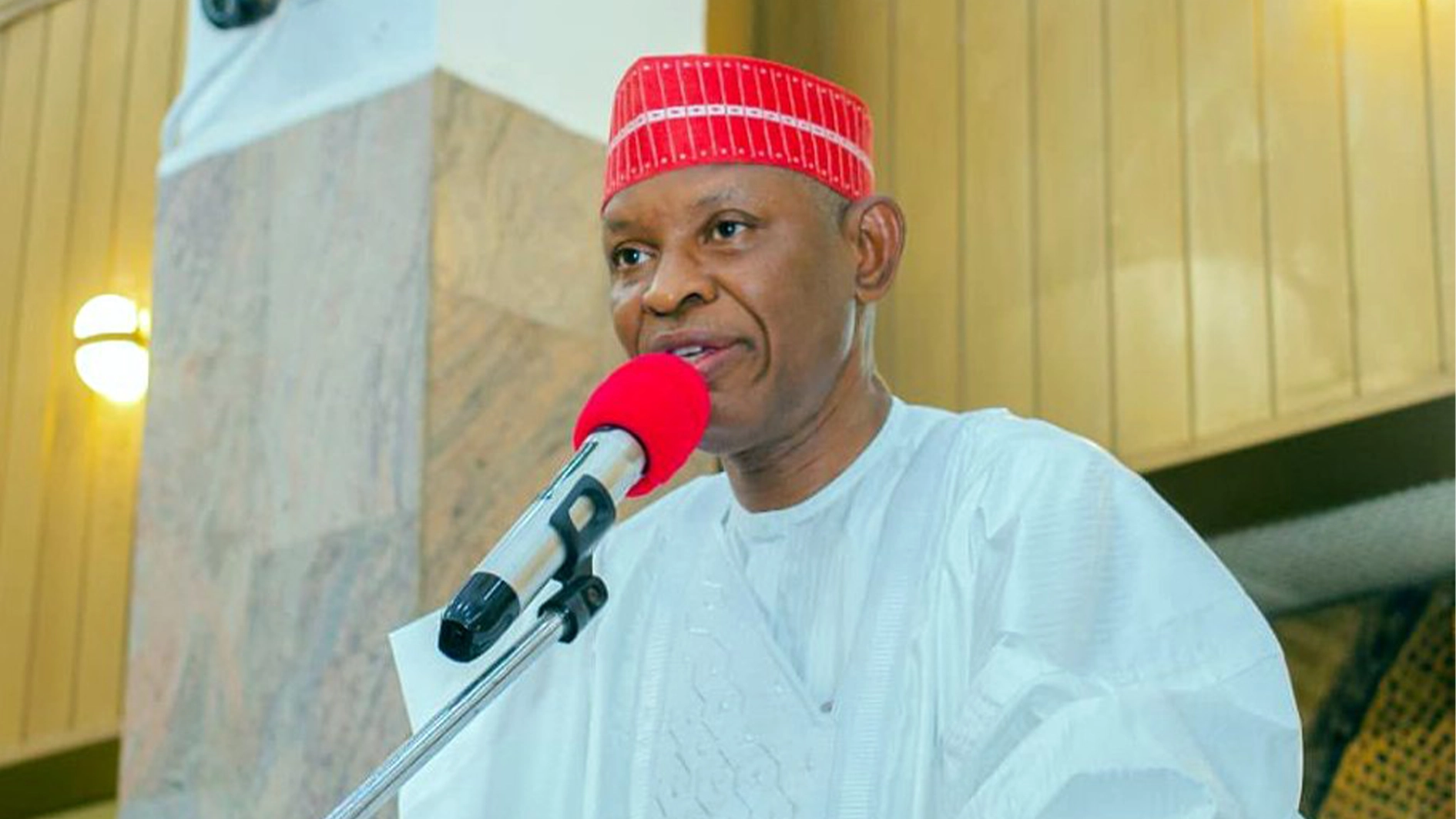Lagos State government on Tuesday launched the state Women Economic Empowerment (WEE) Policy Roadmap as part of the administration’s unwavering commitment to gender equity and inclusive economic growth.
Speaking at the launch, Lagos State Governor, Babajide Sanwo-Olu, stated that the event marks a pivotal step in changing that narrative.
He added that the Lagos State WEE Policy Roadmap, developed by the Ministry of Women Affairs and Poverty Alleviation, is a strategic, forward-thinking framework designed to address these systemic challenges.
“This roadmap aligns not only with our state’s developmental agenda but also with national policy frameworks and global commitments such as the Sustainable Development Goals (SDGs).
At the heart of this roadmap are five key pillars: Agriculture, Entrepreneurship, Traditional Labour Market, Emerging Industries, Education and Skill Acquisition.
“Through these pillars, the policy seeks to bridge existing gender gaps, strengthen financial inclusion, promote digital and technological equity, and advance women’s leadership in critical sectors. It also proposes innovative solutions that challenge socio-cultural barriers and implement gender-responsive governance based on data-driven strategies.
“The development of this roadmap was underpinned by a robust stakeholder engagement process. From government ministries, departments, and agencies, including the Ministry of Wealth Creation and Employment, the Ministry of Tertiary Education, and the Lagos State Employment Trust Fund, to non-governmental organisations, private sector players, community leaders, and women’s groups across the state, including women with disabilities, we ensured that no voice was left unheard.”
Sanwo-Olu stated that the participatory approach helped shape a contextual and inclusive understanding of what it means to be a woman in Lagos State.
“Her aspirations and challenges, from youth to old age, must be central to the policies we design.
“One major insight from our consultations is that, across sectors, from agriculture to STEM fields, women still face deeply entrenched barriers: limited access to land and credit in agriculture; legal and infrastructural challenges in the labour market; cultural norms that deprioritise girls’ education; and the underrepresentation of women in emerging industries.
“Yet, there are also immense opportunities that this roadmap seeks to harness. In agriculture, we aim to increase women’s access to digital tools, e-commerce platforms, and targeted financing to grow agribusinesses and connect them to broader markets.
“In entrepreneurship, the roadmap recommends designing gender-friendly financial services, simplifying access to capital, and strengthening mentorship networks.
“For women in the traditional labour market, we plan to improve working conditions, enforce labour laws, promote family-friendly policies, and expand digital tools that ease access to market information.
“In emerging industries, especially STEM and digital technology, we will incentivise companies to hire and train women, and roll out skill-building programs to close the gender gap.
“In education and skill acquisition, we are working with partners to offer targeted scholarships, flexible learning opportunities, and vocational training aligned with high-growth industries such as renewable energy, healthcare, and ICT,” he said.
The governor maintained that the roadmap is not just a document, but a strategic tool for unlocking the full potential of women in Lagos State.
“Empowering women economically not only lifts individual households, it strengthens our communities, grows our economy, and secures a prosperous future for generations to come.
“Let me assure you that this administration will continue to work collaboratively with all state ministries, our partners, the private sector, and civil society to ensure the successful implementation of this roadmap. We will ensure that this is not just a policy on paper, but a living instrument that transforms lives across Lagos,” he said.
Sanwo-Olu commended the Commissioner for Women Affairs and Poverty Alleviation, as well as her dedicated team, for their tireless efforts in making this vision a reality. I also thank all stakeholders who contributed to this important initiative.
He, however, urged every stakeholder to come together with purpose and conviction. “Through true collaboration, we will shape a Lagos that stands as a beacon of inclusion, equity, and economic empowerment—a city where every woman is not only welcomed but actively empowered to realise her full potential and lead the way to lasting progress,” he said.






